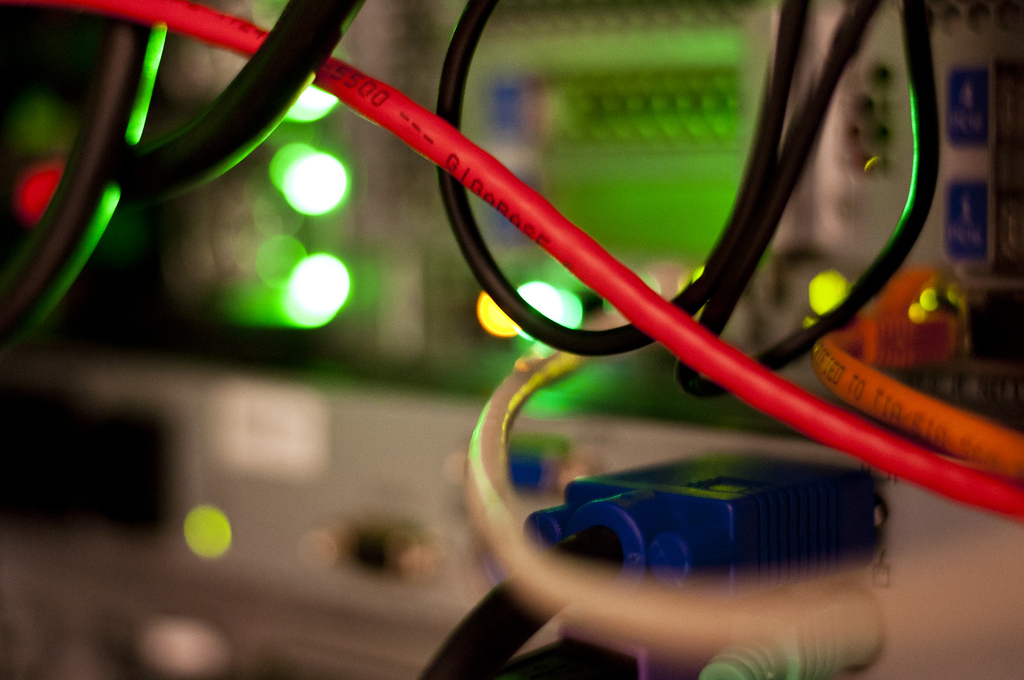One of the smartest articles on software development and what it means that I’ve read:
Software is different. Just by editing the text in a file somewhere, the same hunk of silicon can become an autopilot or an inventory-control system. This flexibility is software’s miracle, and its curse. Because it can be changed cheaply, software is constantly changed; and because it’s unmoored from anything physical—a program that is a thousand times more complex than another takes up the same actual space—it tends to grow without bound. “The problem,” Leveson wrote in a book, “is that we are attempting to build systems that are beyond our ability to intellectually manage.”
Our standard framework for thinking about engineering failures—reflected, for instance, in regulations for medical devices—was developed shortly after World War II, before the advent of software, for electromechanical systems. The idea was that you make something reliable by making its parts reliable (say, you build your engine to withstand 40,000 takeoff-and-landing cycles) and by planning for the breakdown of those parts (you have two engines). But software doesn’t break…[In the case of major failures such as with Intrado:] The software did exactly what it was told to do. In fact it did it perfectly. The reason it failed is that it was told to do the wrong thing. Software failures are failures of understanding, and of imagination…
This is the trouble with making things out of code, as opposed to something physical. “The complexity,” as Leveson puts it, “is invisible to the eye.”
James Somers on The Coming Software Apocalypse in the Atlantic.
Image by Andria licensed under creative Commons.


No Comment